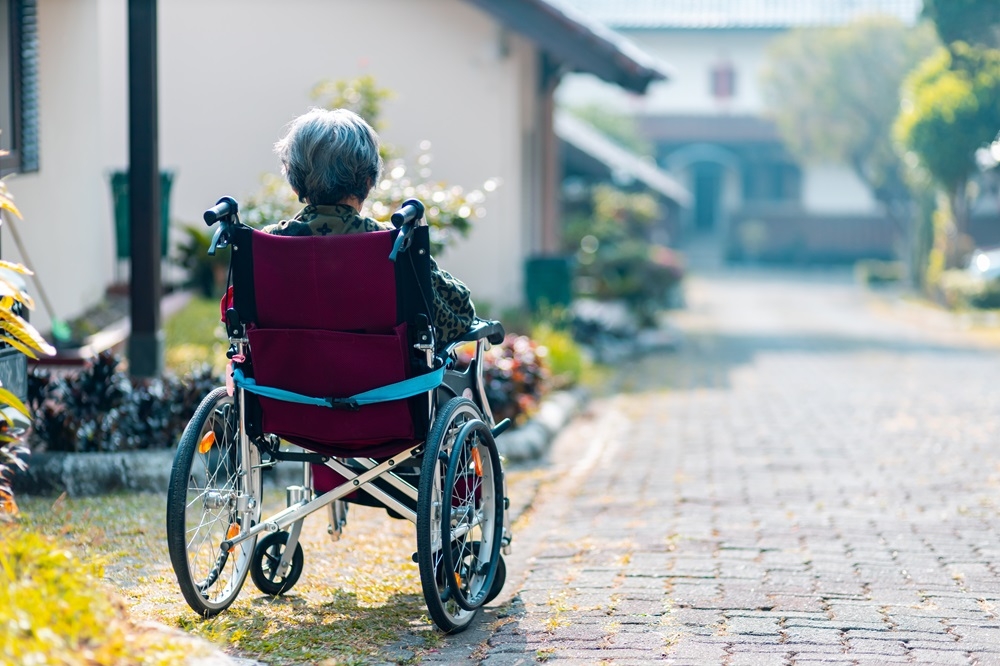FEBRUARY 26 — An old person in a wheelchair pushed by a relative or carer in a mall is a frequent scene in Malaysia nowadays. The public often associate these older persons as being frail due to old age. There is a substantial ignorance amongst the Malaysian public on frail older persons resulting in a higher number of them compared to our closest neighbour, Singapore.
“Frailty” derives from an old French word “fraileté” which means weakness. Hence, probably based on this, frailty is translated to “kelemahan” by the “Dewan Bahasa dan Pustaka”. However, it is more complex than just weakness. Frailty is a clinical syndrome characterised by decrease in physiological reserve resulting in slowness, weight loss, impaired strength, exhaustion and low physical activity which leads to increase vulnerability to stressors such as minor infection or a change in medication. Frailty leads to fall, immobility, disability, incontinence, susceptibility to side effects of medications and delirium to the older person. Frailty also will increase length of stay in the hospital, mortality and predispose the older person to depression, anxiety and eventually self-neglect. In an era of overcrowding in hospitals in Malaysia, improving and reducing frailty will reduce the numbers of the older person visiting the hospitals.

Frailty is reversible if identified early. Emergency department being the front door of the hospital frequently sees the complications of older persons’ frailties. Frailty is identified using Clinical Frailty Score developed by Professor Ken Rockwood of Dalhousie University, Canada. In a resource limited healthcare service, collaboration amongst the carer or relative of an older person, nursing home provider, geriatricians, emergency medical services and primary care providers and a multidisciplinary frailty management team is vital to reduce the frailty. The intervention involve treating the complications and addressing the 5Ms which are Mind (dementia, delirium and depression), Mobility (maintaining mobility and avoiding falls), Medications (reducing polypharmacy), Multi-complexity (tailored medical, psychological, social, functional and environmental interventions) and Matters most (individual care preferences are discussed and incorporated in the treatment plans).
The acceptance by the public that frailty is treatable will ensure a better quality of life to our older persons in the wake of silver tsunami in Malaysia.
* Mohd Idzwan bin Zakaria is Senior Consultant in Emergency Medicine, University Malaya.
** This is the personal opinion of the writer or publication and does not necessarily represent the views of Malay Mail.





















